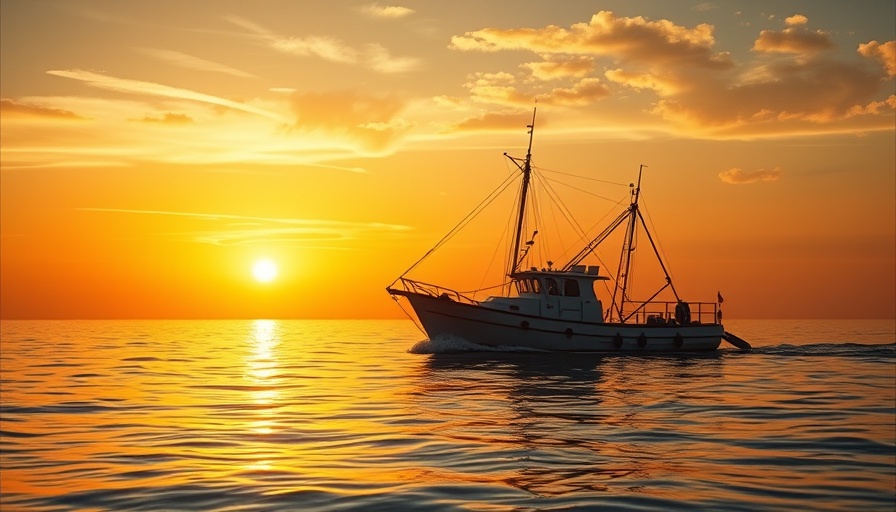
UK Sets New Standards for Marine Conservation
In a pivotal move for marine conservation, the UK government has announced a comprehensive ban on destructive activities, such as bottom trawling, in 41 offshore marine protected areas (MPAs). This initiative aims to safeguard vulnerable seabeds and ecologically sensitive habitats, reinforcing the UK’s commitment to protecting its diverse marine ecosystems.
With this ban, the total area off-limits to bottom trawling in the UK will extend to over 18,500 square miles, marking a substantial step forward in environmental protection. Environment Secretary Steve Reed underscored the importance of this action during the 2025 United Nations Ocean Conference in Nice, France, stressing that without these protections, “our oceans would be irreversibly destroyed.”
Understanding Marine Protected Areas
The UK has established a vast network of MPAs encompassing nearly 347,492 square miles of essential marine habitats. However, these areas can often permit damaging activities if they don't directly impact specified protected features. Critics argue that such loopholes have historically undermined the effectiveness of conservation efforts, allowing harmful practices like bottom trawling to continue, even in zones meant for biodiversity protection.
The Urgent Need for Protection
A recent report from the House of Commons Environmental Audit Committee called for urgent action to ban destructive activities in these protected areas, advocating for the expansion of MPAs to cover 10% of UK waters by the end of the decade. Chair Toby Perkins emphasized the importance of ensuring that these protected areas genuinely fulfill their intended role of conserving marine life. Highlighting the complexity of underwater ecosystems, Perkins pointed out that the decline of biodiversity poses a significant risk not only to marine species but also to the health of our oceans.
Hopes for a Greener Future
Environmental groups have reacted positively to the proposed bans. Joan Edwards, policy director at the Wildlife Trusts, expressed optimism, noting that the removal of bottom trawling pressure on marine sites would provide a crucial boost for both wildlife and fish stocks. This would also enhance the carbon capture potential of the seabed, an essential factor in combating climate change.
Hugo Tagholm, Executive Director of Oceana UK, argued that implementing these bans could be a vital lifeline for England’s seas. He pointed to concerning statistics indicating that bottom trawlers operated in offshore MPAs for over 30,000 hours in 2023 alone, an equivalent of four years of continuous fishing activity. Such data highlights the urgent need for regulatory reforms to protect these invaluable marine environments.
Implications for Hospitality Businesses
For boutique hospitality professionals who rely on eco-conscious practices, understanding the implications of marine conservation is crucial. The health of marine ecosystems directly affects industries such as fishing and tourism, which are integral to the sustainability initiatives that many small-scale hotel owners and eco-lodge operators embrace. By supporting organizations that advocate for marine protection, hospitality entrepreneurs can reinforce their commitment to sustainability and attract eco-conscious travelers.
Our Role in Marine Conservation
As consumers and businesses alike become increasingly aware of climate issues, understanding the connections between local ecosystems and broader environmental objectives, such as reducing microplastics and preserving nature reserves, is essential. Boutique hospitality owners can play an active role in promoting marine conservation by integrating environmentally friendly practices into their operations. This includes sourcing sustainable seafood, reducing plastic use, and engaging guests in educational initiatives about marine ecosystems.
The Path Ahead
While the announced bans signal a positive shift towards marine conservation, ongoing commitment and community engagement will be vital for success. As small-scale hospitality businesses continue to build sustainable practices, the investment in marine health will not only protect biodiversity but also enhance the overall travel experience.
By remaining informed and proactive, boutique hospitality professionals can align their businesses with conservation efforts that will shape the future of our oceans and the ecosystems within them.
 Add Row
Add Row  Add
Add 




Write A Comment